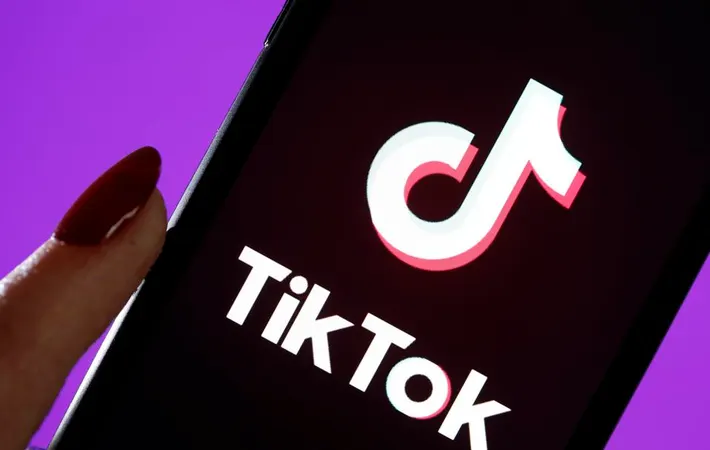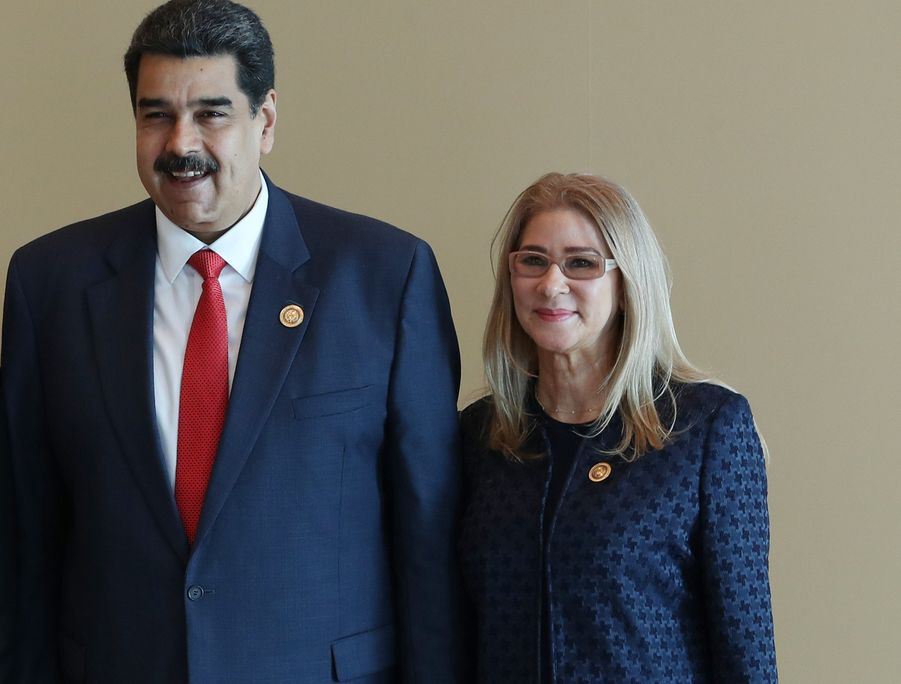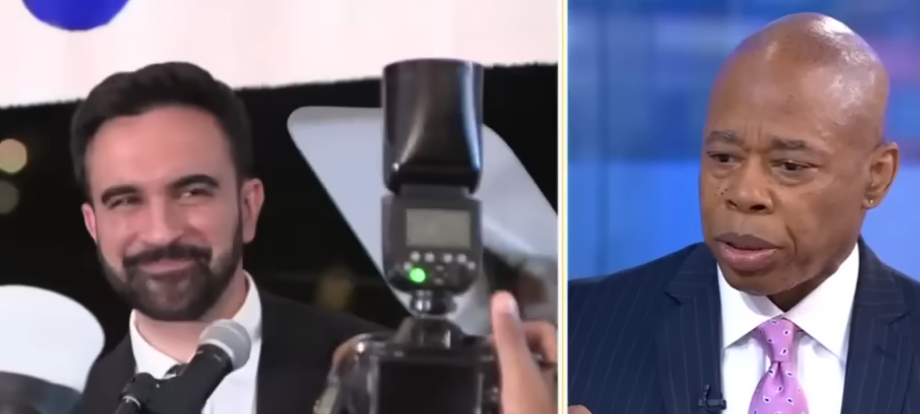Following a month-long absence, TikTok has returned to Apple’s App Store and Google Play, raising conversations on national security, data privacy, and the impacts of social media. The Chinese video hosting service was pulled from these platforms on January 18 after its US operations were put on hold due to a national security law. After many political and legal assignments, the app is back, but not without its controversies.
Why Did TikTok Get Banned in US?
The TikTok removal from app stores happened due to the Protecting Americans from Foreign Adversary Controlled Applications Act that was signed by the previous president in April. The bill placed a mandate on the Chinese company ByteDance to sell off its American assets by January 19, or they would be banned. The government gave reasons for national security by arguing that the alleged connections ByteDance has with the Chinese government could jeopardize the personal information of TikTok’s 170 million users in the US.
Even though TikTok argued that the law infringed on their user’s First Amendment rights, the law was upheld. They explained that divestiture was critical for safeguarding US national security interests. Consequently, TikTok ceased all operations in that country, resulting in Apple and Google removing the app from their stores.
Also read: Why Is TikTok Being Banned in the U.S.? National Security Debate
How Did TikTok Return?
TikTok was able to access the App Store again after Donald Trump moved the divestiture date to April 5, shifting it forward by 75 days. His executive order made it so that the enforcement of the legislation is suspended – which means that ByteDance could negotiate for the sale of TikTok’s operations in the United States.
In another move, Attorney General Pam Bondi sent a letter to Apple and Google informing them that the Trump administration would not pursue charges for using TikTok after its ban, which gave weight to the tech companies’ decision to reinstate the application. This enabled millions of users to download patches, updates, and new features.
What This Means for TikTok Users
Any regular user of TikTok is bound to notice a difference now that the ban has been lifted, but it is for the better. People who had downloaded TikTok prior to its removal were still able to access the app with its features, and analytics show that even with these restrictions, TikTok was still able to capture 90% of its traffic during the ban.
With TikTok back in the app stores, all users are once again able to:
- Download and reinstall the app if it was previously deleted.
- Receive software updates for bug fixes and new features.
- Participate with other content creators and stakeholders in the platform.
That said, the app still faces challenges regarding its availability in the long term, as the ownership issues are still being fought out in court and national security ramifications loom overhead.
The Political and Legal Implications
The granting of access to the application further complicates the underlying concerns regarding the political and legal issues of the application. The Protecting Americans from Foreign Adversary Controlled Applications Act of 2021 is still active, and so any business dealings made with TikTok under the ownership of ByteDance could highly penalize the company, some of the damages reaching as high as $5,000 for each user who remains active on the app.
Legal professionals caution that although Trump’s executive order is a relief for the moment, it doesn’t bypass a congressional act. This implies that Apple and Google’s decision to restore TikTok on their platforms can still be contested in a court of law.
Additionally, Trump has voiced that he would prefer that the ownership interest in TikTok’s business in the United States be no less than 50%. This could be a bargaining point in the ongoing layout negotiations. There are claims that some companies like Oracle and Microsoft may be willing to tender an offer for TikTok which would possibly alleviate the issues about national security which caused the ban to be imposed in the first place.
The Role of Big Tech: Apple, Google, Oracle
The lifting of the ban on TikTok on Apple and Google devices indicates that these companies are willing to take these risks legally which also means passive ignoring of attempts to regulate foreign-owned apps. People like Oracle have started leveraging data with powerful cloud-based AI with a determined level of anonymity which indicates a change is coming. By putting TikTok back in use, the United States is challenging the federal government’s position over domestic data and technologies.
At the same time, Oracle, which provides cloud assistance to TikTok, has been a pivotal player in the return of the app. Trump’s support enabled Oracle, Amazon Web Services, and Akamai to rapidly reinstate their infrastructure services for the app, which allowed it to function even with potential legal difficulties on the horizon.
What’s Next for TikTok?
Despite being reinstated, the future of TikTok in the United States remains ambiguous. There are important factors that may determine the future of the application in the next few months.
- Deadline for ByteDance Divestiture (April 5) – If ByteDance fails to divest TikTok’s operations within the U.S. by this date, the application may be susceptible to ban from app stores.
- Potential U.S. Ownership Deal – Oracle, Microsoft, and MrBeast (along with other notable public figures such as the previous owner of the Los Angeles Dodgers, Frank McCourt) have shown considerable interest in purchasing TikTok’s United States operations.
- Legal Challenges – TikTok has promised to keep fighting the United States government’s ban in a court of law, contesting that it infringes on constitutional liberties.
- Congressional Action – Members of Congress may seek to pass new laws to deal with national security issues while keeping a version of TikTok functional in the United States.
Also read: Is TikTok Back in the US: Trump’s Deal & Service Restoration
Conclusion
While TikTok’s reinstatement to Apple’s and Google’s app stores is a temporary win for the company, the war rages on. Tik Tok has an ongoing legal conflict, where negotiations for a potential ownership deal and the April 5 deadline are colliding, its long-term future in the U.S. is still uncertain.
For the time being though, consumers of TikTok can enjoy the application as they normally would. However, these forthcoming months will determine if TikTok will be an important part of social media in America or if it will suffer like many others due to international friction.





